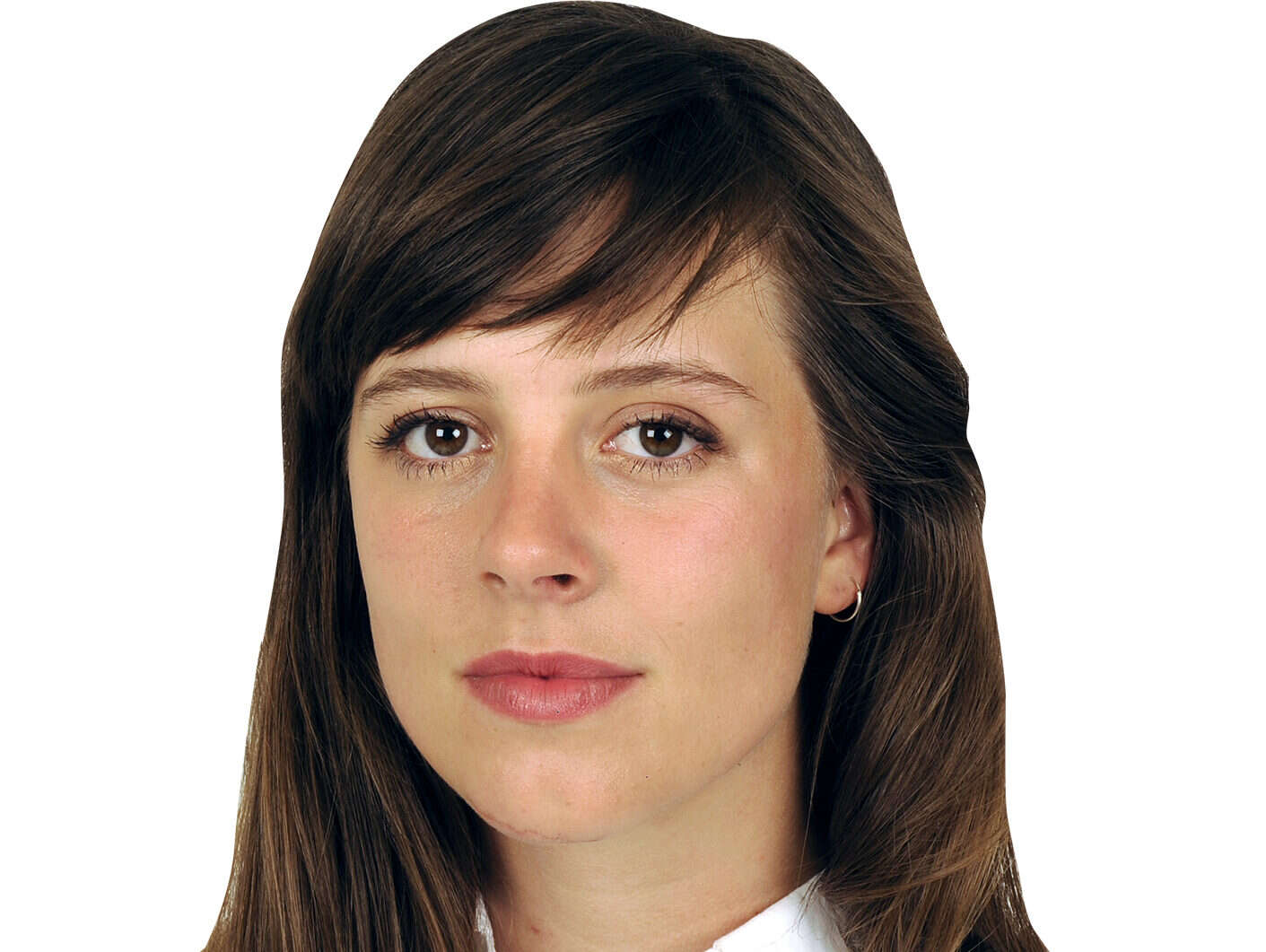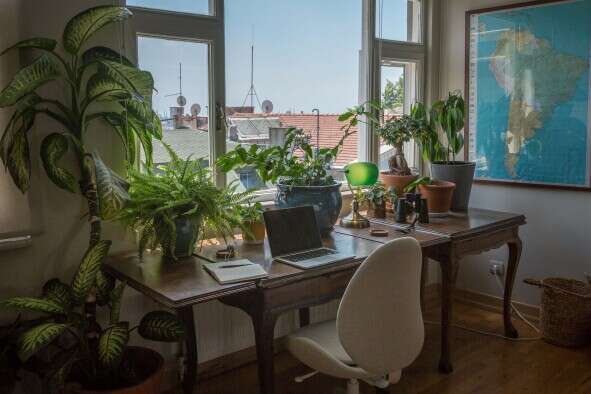
Sunday Times Middle East correspondent Louise Callaghan tells Press Gazette about the difficulties of freelancing abroad and her wish that Twitter didn’t exist.
The 29-year-old reporter (pictured) has spent the past six years in journalism and has already picked up numerous prizes for her work, including two British Journalism Awards.
Where did you study journalism?
I didn’t. I learnt on the job after finishing university. I studied history and development, focusing on southern Africa – my knowledge of the Xhosa cattle killing of the mid-19th century hasn’t been very useful yet but I’m holding out hope.
What was your first paying journalism job?
The summer after I finished university I started doing holiday cover for Lucy Fisher (then the Sunday Times foreign desk assistant, now defence correspondent for The Times).
It was the ideal starting point for me, as I knew basically nothing but was willing to try very hard to learn. After a few months, I was hired full time, where I spent weeks photocopying (badly) and printing out clippings for the foreign editor before I plucked up the courage to pitch a story.
Reasonably enough, no one replied. But I tried again, and again, and eventually they said yes.
What made you want to become a foreign correspondent?
Like all journalists, I was always curious about the world, and I thought it would be fun to write about it. When I was a kid, I used to read The Sunday Times – not the boring bits, but the foreign section which was full of interesting stories from places I’d never been. Also the Funday Times (RIP).
Where did you catch your first journalism break?
During the migrant crisis of 2015 I was sent out to cover some of the smaller stories around Europe. One of them, about refugees trying to get to the UK through Belgium, ended up on the front page.
What is it you enjoy most about reporting from the Middle East?
It sounds trite, but it really is such a privilege watching history unfold around you, and meeting the people who took part in making it – everyone from civilians to government leaders has something to say. Also the food.
What is the one thing you couldn’t do without as a foreign correspondent, and why?
A book. Boringly much of being a foreign correspondent in the Middle East involves waiting around in hot, dusty offices while various officials decide whether to stamp bits of paper to let you through. I like to read novels on assignment that have nothing to do with the Middle East.
What piece of work are you most proud of, and why?
My Sunday Times report on the Douma gas attack in 2018, which is thought to have killed dozens of people.
I was the first journalist to meet with the survivors who had been evacuated to another part of Syria, getting the real story of what happened on the ground.
The report was a counter to the fake news pumped out by the Syrian regime and its backers, who are still incessantly trying to muddy the waters around the attack.
https://www.youtube.com/watch?v=T7Y4zyIgkAg
What’s been the biggest mistake/regret of your career as a journalist?
I really wish I’d learnt Arabic at university. Instead, I did Swahili, which while it is a wonderful language and I’m very happy I studied it, hasn’t been quite as useful yet.
If you could change one thing about foreign affairs reporting today, what would it be and why?
I wish that Twitter, in its current permutation, didn’t exist. It can be really useful for some things, but mostly I worry that it exacerbates tribal groupthink to the point that people stop having original ideas because they’re constantly immersed in everyone else’s opinions.
Do you think local fixers abroad are treated well by UK publications?
I think generally well, though there’s always room for improvement. Awareness is rising about the right way to treat local colleagues, and there’s a lot of progress on making sure that they have flak jackets, high-level insurance and the like. I’ve heard some horror stories – but they’re few and far between, and don’t involve British journalists.
What are your top tips for aspiring foreign correspondents?
Work very, very hard and try to get yourself into a large, well-funded media organisation at the earliest opportunity, even if it’s not the job you want. Once you’re in, you can move inside the company.
Freelancing as a foreign correspondent is growing exponentially harder, more expensive and more dangerous. Do not do it unless you’re completely sure you have a range of editors who will take your work and pay your expenses.
Away from work, which newspapers/TV news/radio news do you read/watch/listen to, and why?
For fun, I read the US magazines like the New Yorker, Harpers and various pretentious things like that. For work I read all the Middle East coverage in the British and American papers every day (as well as lots of other things) so in my spare time I like reading long features on parts of the world that I know nothing about.
Please can you send us a photo of your newsroom or workspace to show others?

I’m only rarely at home in Istanbul, but when I am, I work from this desk overlooking the Golden Horn and the Hagia Sophia.
I have an extremely cool and not nerdy app that I use to track all the ships that go past on the Bosphorus.
Picture: The Sunday Times
Email pged@pressgazette.co.uk to point out mistakes, provide story tips or send in a letter for publication on our "Letters Page" blog
